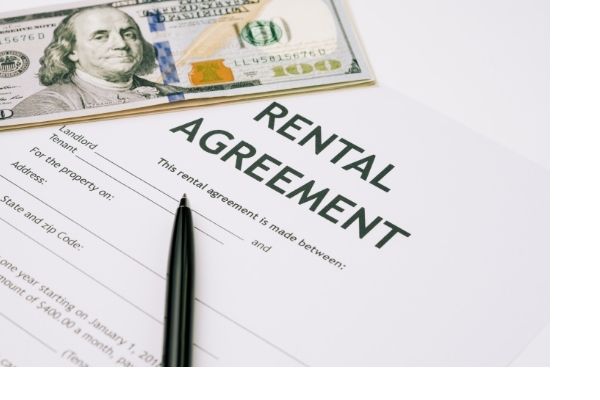Renting has its perks, but what happens when the landlord isn’t keeping up their end of the deal? The answer depends on what is in your leasing agreement, but there are a few rights that a tenant has when their landlord is being unreasonable.
A tenant can always make a claim if the landlord violates a portion of the leasing agreement. The remedies for a violation of the leasing agreement include the tenant moving out after giving proper notice to the landlord or money damages, if available.
Additionally, the tenant can make a claim if the landlord fails to keep the rental unit in a healthy living condition. The tenant must provide the landlord with a written notice that details the specific issues with the rental unit. The tenant must then allow the landlord 14 days to fix the problem. The tenant might also be able to recover monetary damages if a court deems it appropriate.
The tenant might also be able to recover monetary damages, make the landlord fix the problem, or even end the lease if the tenant is unlawfully evicted, the landlord fails to make repairs, failure of the landlord to provide possession of the rental unit to the tenant, or the landlord’s failure to provide essential services such as water or electricity. In order to receive these remedies, a tenant must first provide written notice to the landlord of the issue with the rental property. A tenant is not authorized to make repairs to the rental property and then deduct the amount of the repairs from the rent payment unless they are specifically given permission to do so from the landlord.
As a tenant, you also have certain responsibilities to the landlord. You must pay your rent on time, keep the rental unit reasonably safe and clean, properly dispose of all garbage and waste, use appliances and electrical units in a safe and responsible manner, use plumbing in a safe and responsible manner and keep plumbing fixtures clean, not deliberately damage or allow anyone else to deliberately damage the rental unit, not disturb other tenants, and comply with the landlord’s reasonable rules for rental of the unit.
If the tenant complies with these requirements, then they can receive their security deposit back upon ending the lease. To receive it, the tenant must give the landlord a forwarding address. If the landlord fails to return the security deposit after receiving notice from the tenant, then the tenant can may recover monetary damages.
The landlord does have the ability to deduct funds from the security deposit for any unpaid rent or any damage to the rental unit caused by the tenant. If the landlord does deduct some funds from the security deposit, the landlord must provide an itemized list of what was deducted and for what purpose it was deducted within 30 days after the tenant moves out or after the lease ends, whichever is later.
King Law Offices is a full-service law firm with an outstanding team of professionals who work diligently, creatively, and compassionately on behalf of our clients each day. Contact King Law at 888-748-KING (5464) for a consultation. We have offices located across western North Carolina and upstate South Carolina. We are here to serve you and to guide you as we navigate this journey together.


